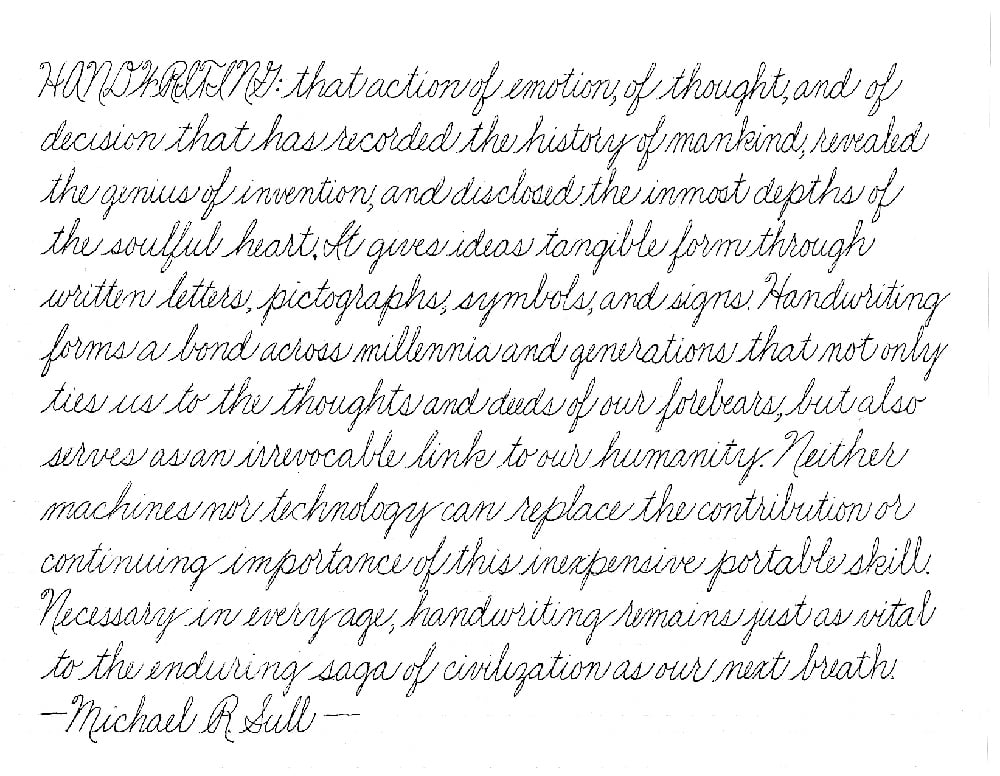
If there is one skill that will be invaluable to you in Japan, it’s being able to interview well. Being able to enter a room with the pressure of a looming job offer will serve you just as well as qualifications or experience. If you worry that you aren’t very good at it, then never fear. I’m going to tell you how to build up your interview skills and start getting a massively increased success rate.
Simple stuff out of the way: Make a good first impression by following all the things you would expect you’d need to do. Be on time, shake hands properly, be well mannered and polite, eye contact but not in a creepy way. Okay let’s get more advanced.
Practice a LOT
If you suck at interviewing, chances are you just aren’t doing it enough. I have been on dozens of interviews in Japan and the key to my success is that I’ve done it so much that I don’t even worry about it anymore. If you are worried, that’s a good thing to note and realise that you probably aren’t doing enough interviewing and building up your skills in this vital area.
In general I’ve noticed that interview in Japan are much less difficult than in the west. The questions are usually easy and I’ve never had an interviewer challenge or push me to the edge of my prepared answers. If you prepare well and think about possible answers in advance, chances are you won’t have any troubles.
I know what kinds of questions any interviewer is going to ask and I know what my principles about the work are. For those of you applying to English teaching positions, if you have a teaching philosophy before you go into the interview, then it will be much easier to answer curveball questions about what you would do in any given situation.

Have an amazing demo
If you’re applying to be an English teacher, you’ll often dread going in for the demo. There’s just something so awkward and uncomfortable about pretending to teach a class with English speaking grown ups there.
If you’ve had a lot of practice, this will be an absolute breeze. I was lucky in that I started my journey in Japan at Peppy Kids Club, an eikaiwa that had a full and challenging two week training course. We did demos every day for weeks, so now when I’m asked to do a demo I just smile and realise that I’m going to be far and away more practiced than the other candidates.
Use clear spoken and written English
Guess what, for English teaching jobs, they will be testing your English the entire time. If you mumble, slur your words or use colloquial language, this will hurt your application. Use clear, slow and precise English that is easy to understand. If you are asked to write (or during your demo), make sure to write in non-cursive. Joined up writing is very hard for Japanese students to read or understand, so don’t join up your writing.

Yeah… I can’t read it either!
Don’t lie in an interview
It can seem easy to embellish or outright lie about your teaching experience or situations, but while some interviewers might fall for it or not notice, a more seasoned interviewer may push you to answer questions that you should, but don’t know the answer to. They may just get a feeling that you are untrustworthy – and sometimes it can come down to just that: a feeling.















